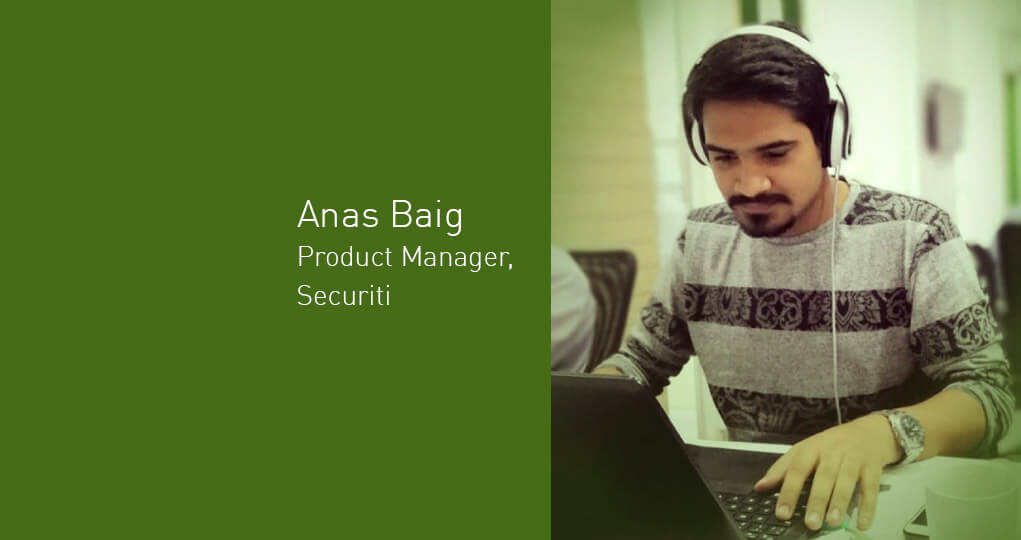By Anas Baig.
With the increase in new technologies and remote working, workplace cyber security is more important than ever before. While sharing information with your colleagues online is convenient, it raises safety concerns. One click and all of your precious data and financial information is in the wrong hands.
How do you identify these cyber threats? What methods can you implement to avoid devastating attacks? In this article, we’ll answer your questions and propose 6 easy ways to keep your employees safe online.
What’s a cyber attack?
Suppose you don’t know what a cyber attack is. In that case, it’s an offensive maneuver that targets computer information systems, networks, and online infrastructure. Hackers attempt to disable, alter, or destroy valuable information. Moreover, they might steal it and make a profit from it.
The number of these threats has increased drastically over the years. According to Statista’s research, almost half of survey respondents faced 1 to 5 successful cyber attacks over the course of a year. Thus, business owners and employees should do their best to identify and avoid online calamities.
In most cases, hackers, swindlers, and other wrongdoers use various methods to exploit your business’s vulnerabilities. For example, they might use phishing, malware, or password attacks. Moreover, insider threats and cryptojacking are no exception either.
6 ways to keep your employees safe online
Cyber attacks might seem inevitable. Luckily, there are a few simple ways to prevent them and to keep your employees secure. Not to mention, you should use a mix of methods to avoid any weak points.
1. Utilize a VPN
One of the most effective ways to boost your workplace’s cyber security is by getting a Virtual Private Network (VPN). It’s an online tool that creates a secure connection to another network over the internet. Additionally, the most secure VPN services encrypt your employees’ data, hide their IP addresses, and spoof their whereabouts.
Moreover, top-tier VPNs work simultaneously on a variety of devices. Thus, your employees should use a virtual private network on their mobile phones, tablets, and other work-related devices. Moreover, you can eliminate any weak links by setting up a VPN on your workplace router.
2. Use strong passwords
Cyber criminals can have a field day with weak passwords. It’s one of the easiest ways for them to access your systems and data. Therefore, your employees should come up with passwords that are at least 8 characters long and include a mix of symbols, letters, and numbers. They should also avoid putting in personal information, like names, birth dates, or social security numbers.
Nevertheless, remembering all passwords is nearly impossible. Therefore, your business should use a password manager (PM). This software stores, generates, and manages passwords for local applications and online services. All information will be stored under military-grade encryption. Moreover, it can be combined with biometric and two-factor authentication, making unauthorized access virtually impossible.
3. Install antivirus software
Another measure to prevent data corruption is by getting a top-notch antivirus solution. This software detects and deletes malicious code. That way, hackers won’t be able to wreak havoc on your workplace devices. Additionally, it can prevent pop-ups and spam emails that are riddled with viruses and other malicious code.
As with VPNs, your employees should use antivirus software on all smart devices. This will prevent any vulnerabilities and unexpected data leaks. Plus, if you put in the effort to protect your business now, you won’t have to spend heaps of money on repairing corrupted tech later.
4. Deploy Two-Factor authentication (2FA)
Double-up on your employees’ online safety by implementing two-factor authentication. It strengthens access security by requiring two methods of verification. For example, your co-workers will have to use a username, password, and an out-of-band channel (like an app) to complete the authentication request.
2FA protects against various phishing, social engineering, and other brute-force attacks. As you might have noticed, the most popular online platforms, such as Amazon, Facebook, or PayPal, use this method to protect their employees and clients.
5. Keep your software updated
A big mistake that most people make is postponing essential updates. Outdated software might lead to terrible performance, lack of features, and devastating data breaches. That way, hackers can access sensitive data such as financial information, passwords, usernames, and other documents.
By constantly renewing software, your employees will reduce the risk of cyber attacks. Plus, it will increase device performance and compatibility. Additionally, in most cases, updates don’t cost anything, so it’s the easiest way to keep your business safe.
6. Educate your employees on cyber security
Lastly, despite firewalls and other security software, employees are still the most common entry points for phishers. But providing employee education concerning the most common types of cyber attacks can prevent major breaches. Educating your employees about online safety is crucial.
Every organization should cover topics like the importance of password security, cyber security threat identification, and internet & social media policies. Plus, the training shouldn’t be a once-in-a-blue-moon event. So, keep your business up-to-date and educate your employees on cyber security importance.
Wrap up
No matter how big or small your business is, you should invest in your company’s cyber security. Hackers are constantly on the lookout for vulnerabilities and ways to exploit your data. So, to stop online calamities, you need to take extra precautions to keep your company and employees safe online.
Undoubtedly, one of the best ways to protect your business is by getting a reliable and secure VPN. Moreover, you can prevent disasters by implementing password managers and antivirus. Additionally, using 2FA and constantly updating your software will eliminate weak points. And lastly, you should educate your employees on cyber security importance in order for everything to run smoothly.
For more articles from Anas Baig, see CyberTalk.org’s past coverage. Lastly, see more thought leadership articles, analysis, interviews and reports when you subscribe to the Cybertalk.org newsletter.
